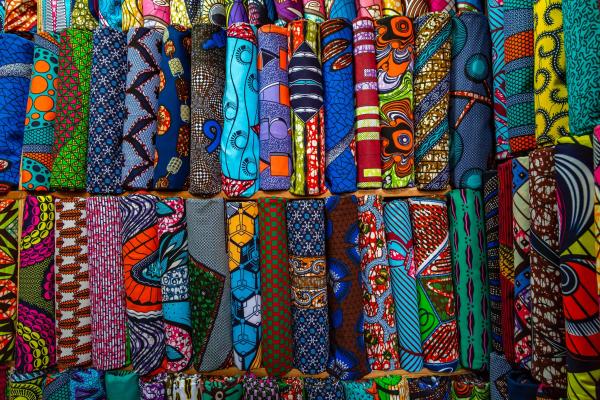It is an awful and awesome time to be Black in America. I hear the voices of those who came before say “it always has been son.” Yet the last few years have been especially psychologically traumatizing and awful. The images of unarmed Black bodies being shot, choked, and killed by police officers looping on television and social media and the lack of justice or accountability around many of those murders have haunted me. The resurgence of (and the unhelpful media attention given to) a racist White nationalism. The introduction of policies and executive orders that seek to dismantle progress that took decades to build. And the ascendance of a bigoted fearful president who rose to political power on lies about our first Black president, lies about other minorities, and by playing to the siege mentality of many White Americans. All of this has been added to the daily micro and macro aggressions we experience and the contorting demanded of us to calm white neighbors, colleagues and classmates. It is exhausting. Maddening. Awful
Read the Full Article

